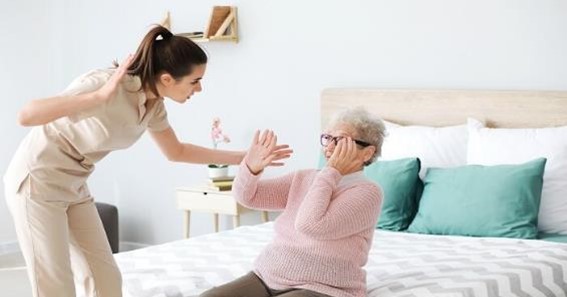Nursing homes are healthcare facilities that provide intensive care for those who are unable to take care of themselves. Fortunately, many people can live into their 80s and beyond due to medical advancement.
Irrespective of the laws, many nursing homes do not provide top-notch facilities, and some staff even abuse the patients, giving rise to nursing home abuse. Speak to injury attorneys at Sattiraju & Tharney if you suspect any abuse with your loved ones.
To protect your loved ones from the abuse, you can hold the nursing home accountable for their actions and get compensation for all the losses your loved ones had to suffer.
Clcik here – QuickBooks Error Code List with Multiple Errors Series
- Recognize the signs
Firstly, familiarize yourself with the signs of abuse. While it is difficult to detect signs of abuse, some symptoms may indicate your loved one is not being taken care of properly. These signs include:
- Bedsores
- Sudden weight loss
- Problems taking medication
- The unwillingness of the staff to let you meet your loved one without prior notice.
- A new or unexplainable injury
- Change in behavior
- Document the situation
Once you suspect the signs of abuse, you have to gather information to support your belief. Note down the signs you have noticed, the location of abuse, and the time you witnessed the incident. Gather medical records and take photos if any injury or condition worries you. Additionally, speak to other residents and report to any trustworthy caregiver if possible. The signs you have noticed might be the result of something else. If this is the case, raise your concerns with the nursing home. You can file a complaint with the state agency in charge of regulating nursing homes or speak to an attorney.
Click here – What Does The Future Hold: Six Predictions About Higher Education System
- Question the caregiver staff
It would be best to hear the caregiver staff’s side of the story before taking any further action. If they cannot come up with a suitable explanation, it is time to take more formal action.
- Speak to your abused resident
Speak to your loved ones privately and ask them to explain the situation. If abuse has occurred, your loved one might hesitate to speak out for several reasons ranging from fear to simply not wanting you to worry about it.
- Shift your loved one
If your concerns are justified and still the nursing home does not take action against the issue, shift your loved one from their care immediately and admit them to a facility that can provide them the best care.
- Seek legal help
If the neglect or abuse is suspected obvious, you should seek legal advice from an attorney. If your declaration is substantiated, they will assist you in seeking proper compensation for the abused resident.







